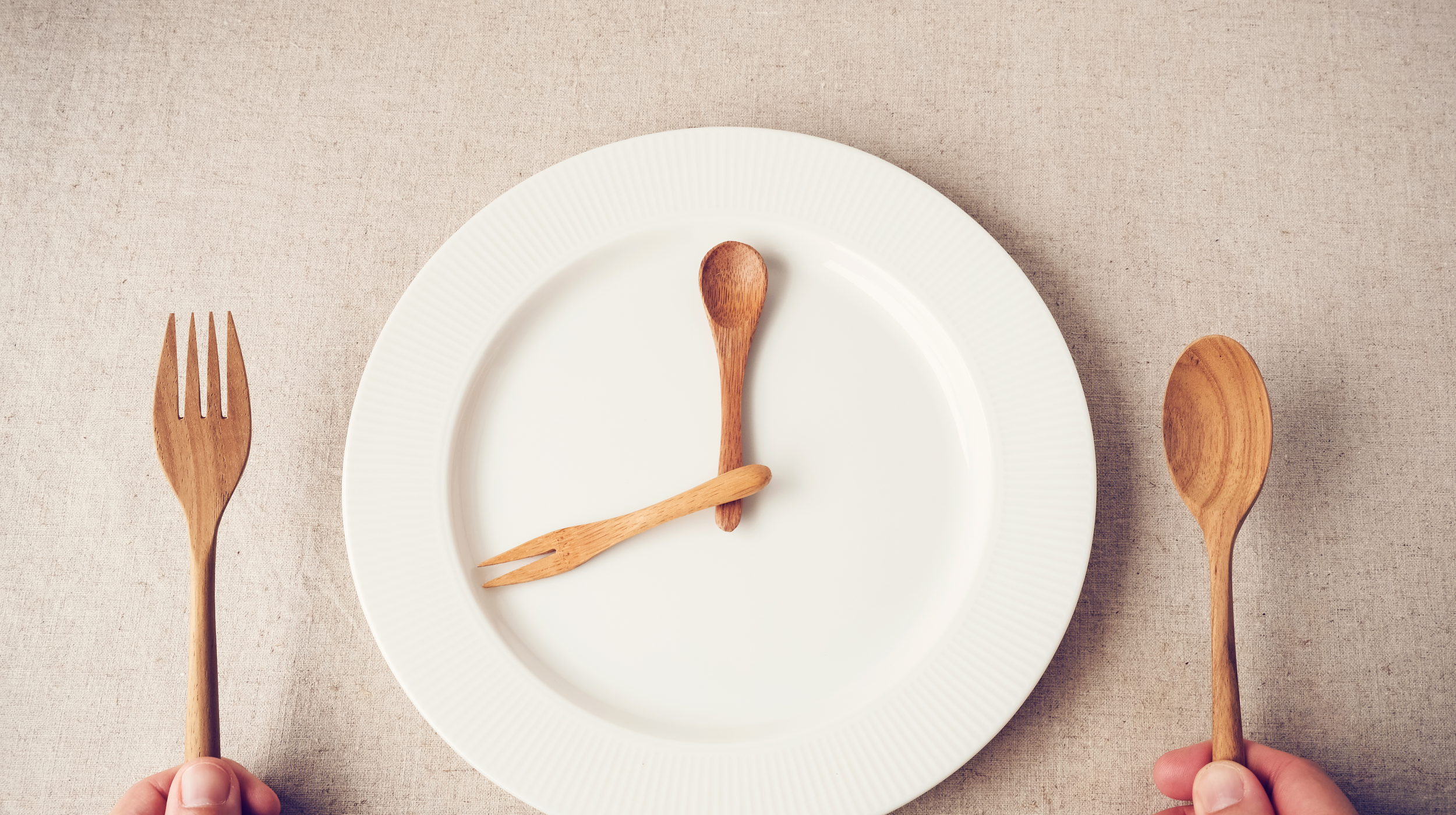Fasting is a Terrible Way to Lose Weight
May 17, 2019 mindpumpPop-fitness has spoken. Tune in to any morning talk show, flip to any page of Men’s Fitness, or subscribe to any six-packed 19-year-old’s YouTube channel and you’ll hear the prophecy… “Fasting is the future of fat loss!” They’ll even cite a few studies. ‘Fasting increases cell autophagy and programmed cell death. Fasting stimulates stem cells which replace old cells.’ You’re not sure what any of this means, but Terry Crews is saying it, so your ears perk up.
And all this fancy talk leads to the time-tested selling point, the John 3:16 of the sales pitch: fasting has anti-aging effects! And now you’re sold—devoted. And you think, how profound, the super food of the future is no food at all! And you’re ready to spread the good word. But if you bite your tongue for just a moment, you might hear the truth humming in the background of all this noise; if you listen to these gurus closely, you won’t hear wisdom…all you’ll hear are hammers and nails—the cunning remodeling of an ancient healing process into a marketable, fad diet.
Remember when you accidentally slept in, had to skip breakfast, forgot your lunch at home and went to work without food? That week you missed your protein goals by 92 grams and your carbohydrates by 280 grams. You were deficient in your fats, fiber, polyphenols, B-vitamins, calcium, and choline. You didn’t meet your goals in the kitchen, and you deviated from your daily practices. But now the spokespeople of health and wellness have offered you salvation. You didn’t underachieve; you fasted!
Do you see the fallacy?
Fasting isn’t bad, but what’s wrong is the way it’s most commonly being taught. Even if your fast is deliberate and strategic, your physiological response is no different than those days you forgot your lunch in the fridge. If fasting is to be practiced, what is taught shouldn’t be how to not eat. We are all capable of that. We do it on accident all the time.
One of the most overlooked elements of scheduled fasting is how to appropriately compensate for the time spent not eating, how to realign ourselves with the overall objectives of our diet, and how to retain a healthy relationship with food. If you do opt to systematically quarantine yourself from the kitchen, how you return to the pantry needs to be equally assessed.
Outspoken gym-goers and paleo-preachers will continue to mold this time-honored tradition into modernity and marketability. It’s not our job to silence them, report their YouTube videos, or burn their books. Rather, it’s simply to remember that wellness isn’t a sixteen hour fast three days a week. Wellness is mindful eating (or not eating) for a lifetime.







